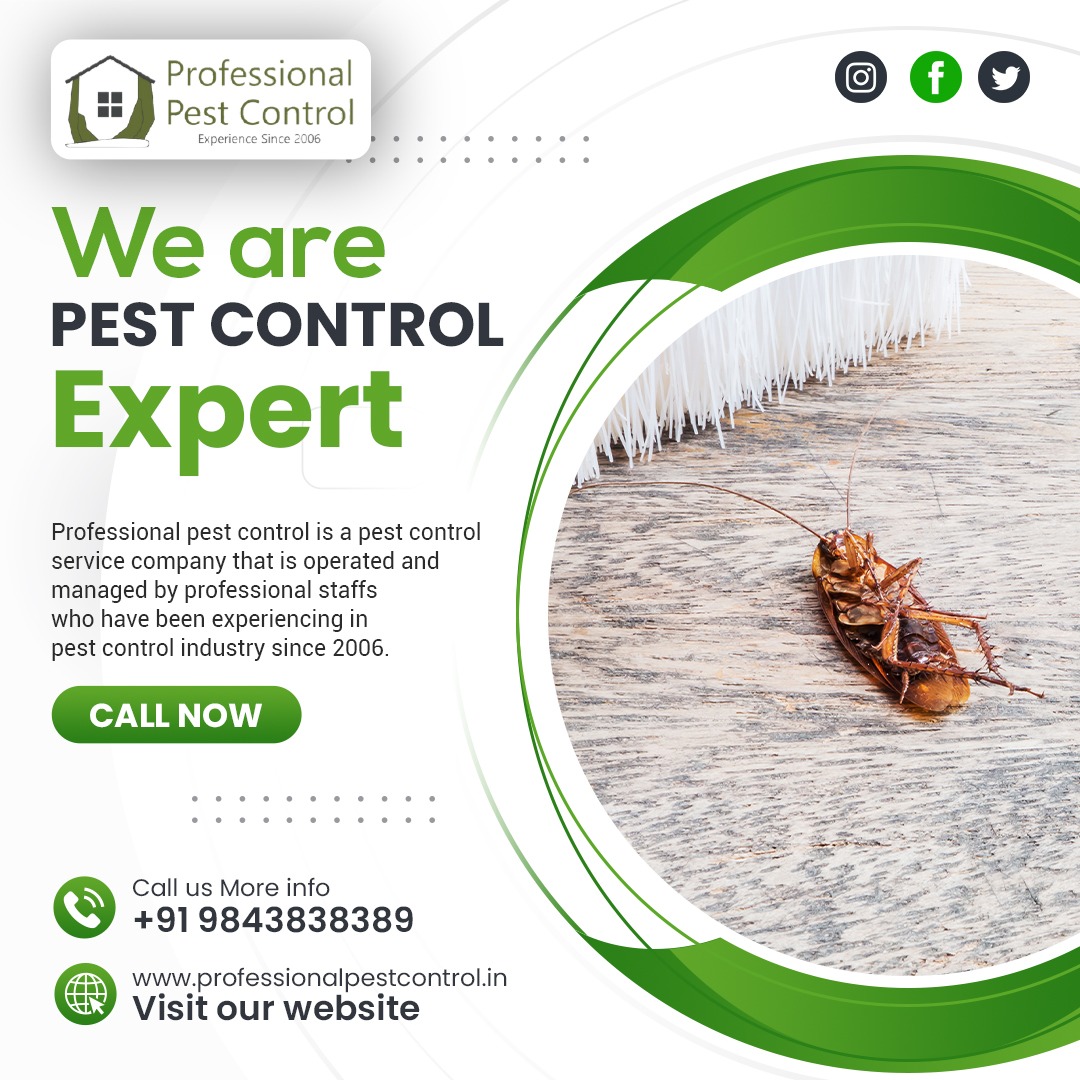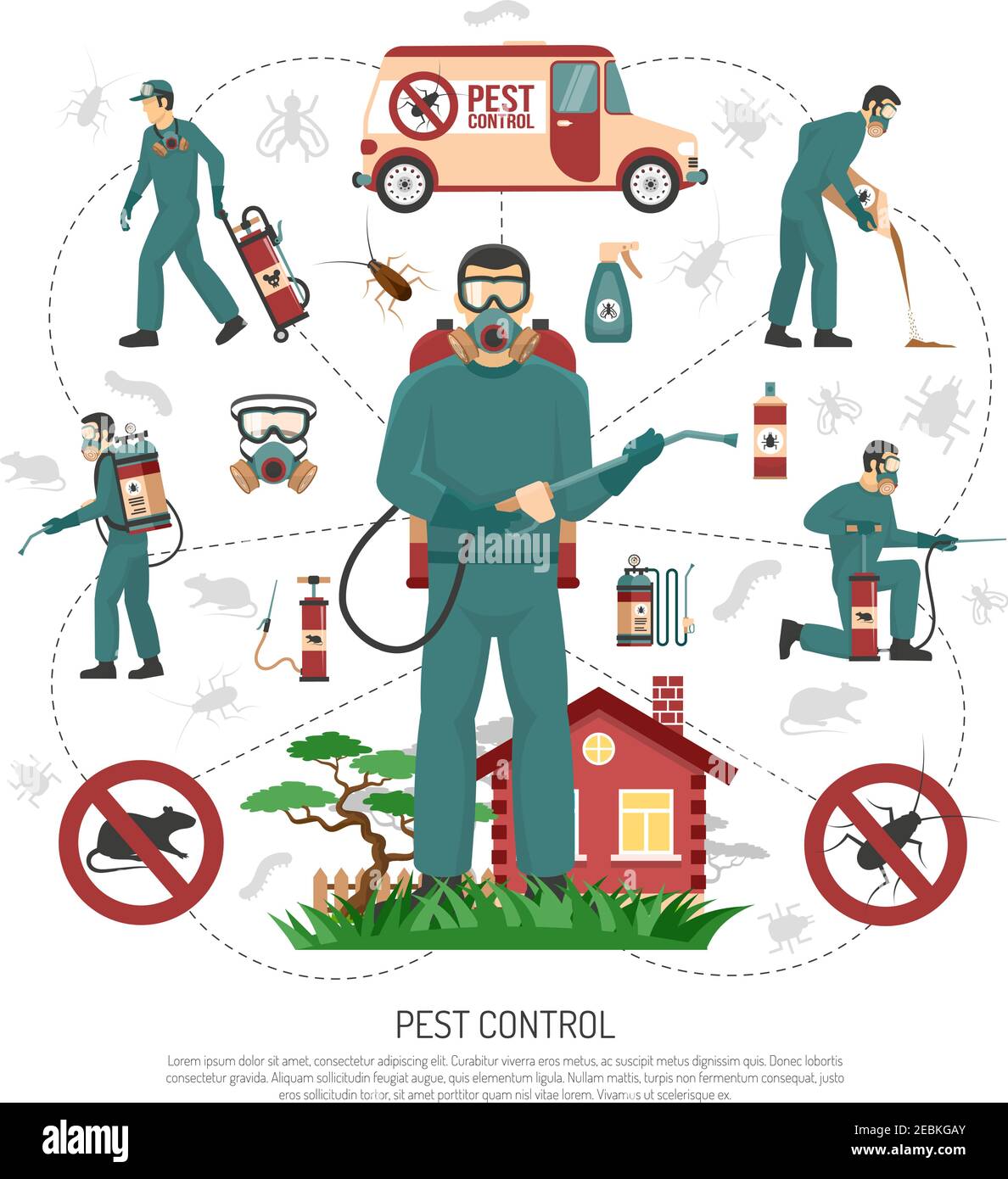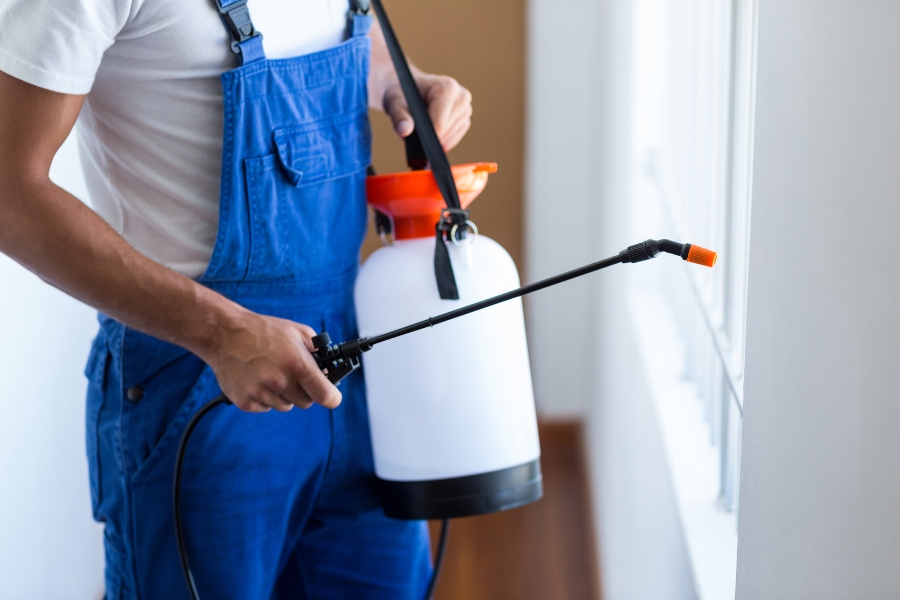Recognizing the Numerous Methods to Pest Control: A Comprehensive Overview

All-natural Pest Control Techniques
Utilizing eco-friendly strategies such as friend planting and biological bug control is important for properly managing parasites in farming settings. Buddy planting involves expanding different crops in closeness to hinder pests, enhance nutrient uptake, and improve general crop health and wellness. As an example, growing marigolds along with tomatoes can help fend off nematodes. Intercropping maize with beans can interrupt the breeding patterns of insects like corn borers.
Biological insect control involves presenting natural killers or microorganisms to manage pest populaces. Ladybugs, for instance, eat aphids, controlling their numbers without the requirement for chemical pesticides. One more example is using Bacillus thuringiensis (Bt), a microorganism that targets certain insect parasites while being safe to human beings, pets, and beneficial insects.
These green methods not only reduce the dependence on synthetic chemicals yet additionally help maintain biodiversity and soil wellness. By integrating natural bug control approaches into agricultural methods, farmers can achieve sustainable pest management while lessening unfavorable influence on the environment.

Chemical Bug Control Solutions
Along with all-natural pest control methods, the use of chemical pest control remedies plays a substantial duty in efficiently handling pest populations in farming settings. Chemical bug control solutions are created to target details bugs that may create substantial damages to plants. These solutions commonly contain artificial chemicals that are created to eliminate insects rapidly and successfully.
Among the essential advantages of chemical pest control remedies is their performance in managing insect infestations on a big range. Farmers can use these solutions utilizing numerous methods such as splashing, fumigation, or seed therapy to shield their plants from harmful insects, weeds, and illness. Furthermore, chemical bug control remedies are fairly simple to apply and can supply rapid results, aiding farmers secure their returns and reduce economic losses.
Nonetheless, it is vital to make use of chemical pest control options carefully to minimize prospective unfavorable effect on the setting, non-target organisms, and human health and wellness. Correct application techniques, adherence to security guidelines, and normal surveillance are important to ensure the liable usage of chemical parasite control options in agricultural methods.
Organic Insect Control Approaches
Biological pest control comes close to utilize all-natural predators or pathogens to handle bug populaces in agricultural settings properly. This technique provides a sustainable and eco-friendly option to pest management, you can try these out lowering the reliance on artificial chemicals and minimizing injury to the atmosphere. One typical biological control strategy is the intro of all-natural opponents, such as ladybugs or parasitical wasps, to target details parasites. These predators feed on the bugs, aiding to manage their populations naturally - pest control clovis.
An additional organic control method involves making use of microorganisms like fungis, viruses, or germs to infect and eliminate insects. On the whole, organic bug control techniques use a lasting and targeted option to pest monitoring in farming.
Integrated Insect Administration (IPM)
Integrated Parasite Administration (IPM) is a thorough approach that incorporates different pest control approaches to efficiently manage and decrease pest populaces in farming systems. IPM concentrates on long-lasting prevention of parasites with a combination of biological, cultural, physical, and chemical control techniques. By incorporating these different approaches, IPM aims to decrease reliance on chemical pesticides, lessen ecological effect, and advertise sustainable bug monitoring techniques.
One secret element of IPM is making use of biological controls such as natural killers, parasites, and microorganisms to regulate insect populaces. This method uses the power of nature to preserve an equilibrium between pests and their natural enemies without triggering injury to the atmosphere.
Additionally, IPM involves cultural practices like plant environment, turning, and sanitation adjustment to create undesirable conditions for parasites and interrupt their life process. Physical controls such as barriers, traps, and mulches are additionally made use of to stop from this source bug invasions.
Mechanical and Physical Parasite Control Techniques
Using non-chemical approaches, such as physical and mechanical pest control techniques, is an important facet of thorough bug monitoring strategies, building upon the structure of Integrated Pest Administration's alternative method. Mechanical insect control includes making use of physical barriers or traps to avoid parasites from accessing and harming crops or structures. This method can consist of methods like installing displays on windows, utilizing row covers in farming, or using sticky traps to catch insects.
Physical bug control approaches, on the other hand, focus on directly removing insects with physical methods. Making use of heat treatments to remove bed insects or vacuuming up bugs like important source crawlers or ants can be efficient ways to take care of problems without the use of chemicals. By integrating these physical and mechanical insect control strategies into an Integrated Bug Administration strategy, individuals and professionals can decrease dependence on pesticides while still effectively minimizing and managing pest populations damages.
Verdict

In addition to all-natural pest control techniques, the usage of chemical bug control services plays a considerable function in properly managing pest populaces in agricultural settings.One of the crucial benefits of chemical bug control remedies is their efficiency in managing insect problems on a huge range.Integrated Bug Administration (IPM) is a thorough approach that integrates various insect control techniques to properly take care of and reduce pest populations in agricultural systems.Making use of non-chemical methods, such as mechanical and physical bug control techniques, is an important facet of comprehensive parasite monitoring strategies, building upon the structure of Integrated Insect Monitoring's all natural technique. By incorporating these physical and mechanical bug control methods into an Integrated Pest Management plan, specialists and people can reduce dependence on chemicals while still successfully managing pest populations and minimizing damages.